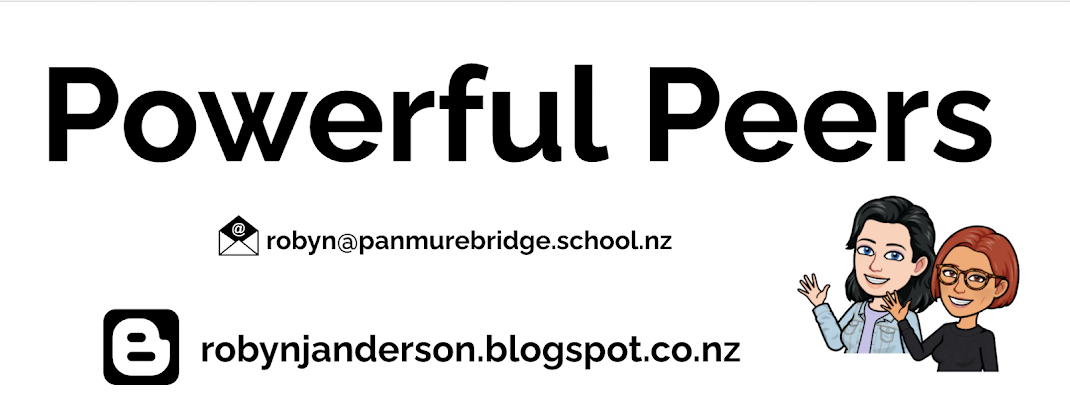I wanted to know if my interventions were making a difference to my student's 2017 learning journey. I had gathered anecdotal evidence but knew clarity would come from gathering student voice, so I asked my learners to evaluate their term one learning. At the end of our conversation, I gave each student a post-it note and asked them to complete this sentence. 'Mrs Anderson, can you show me...'. I chose to use this style of gathering feedback as it was more personal. This proved to be the most valuable insight as it allowed me to see our learning more clearly through their eyes.
"Mrs Anderson, can you show me what a learning conversation looks like?" A comment that helped shape my planning this term and reminded me not to assume that despite unpacking and embedding opportunities for learning talk in my practice, connections and understanding between myself and my priority learners do not always align.
Last week my learners and I were filmed during a guided reading session that focused on using a text to show my learners what a learning conversation looked like. Mercer 2009, states, that 'children were found to be more motivated and engaged in learning when talk was used more often'. I recognise that I need to continue to actively plan for opportunities for my learners to develop the self-confidence and skills to engage in conversation and ask their own questions. The Cambridge Faculty of Education acknowledge that 'through dialogue, students can engage with their developing ideas, overcome misunderstandings and explore the limits of their own understanding by using language as a tool for constructing knowledge'.
After analysing the footage and the student voice, I had a feedback session with our professional development facilitator and our principal. This was an interesting conversation as I was challenged to think about why, unlike my learners who need additional support, my most able learners had not engaged in the discourse. After looking closely at what happened in that lesson, I now believe it was my assumptions that these students already had the skills needed to use language as a tool for constructing knowledge, that prevented me from seeing that perhaps these students may not have the processing skills needed to fully engage in the learning.
My new challenge is to think innovatively so my learners all have the opportunity to access, unpack and explore new learning on a deeper level.

No comments:
Post a Comment